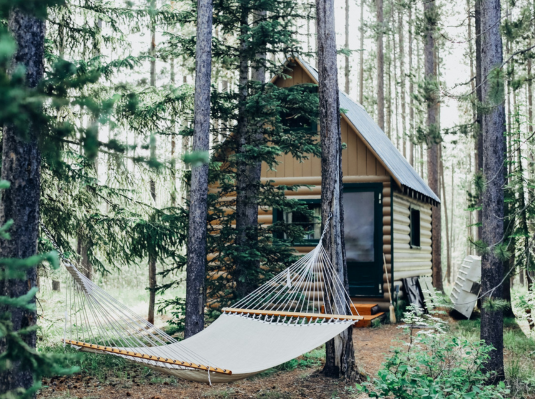
Before we dive into the details, we must first define the types of rental insurance offered to determine which coverage you need:
-
Short-term rental insurance: Coverage for rentals on a property owner’s secondary home lasting 30 days or less, commonly used for vacation rentals secured from companies like Airbnb, VRBO, or other sites facilitating short-term rentals.
-
Landlord insurance: Coverage for property owners who rent out their secondary home full-time.
-
Rental rider: Coverage for property owners renting out their home infrequently. A rider is an additional coverage you purchase on top of an existing homeowners policy. Some insurers may also allow you to forego a rider and depend solely on your homeowners policy.
-
Coverage from a rental site: Booking sites like Airbnb and VRBO often offer a level of protection for their hosts, although coverage may not be as comprehensive as a short-term rental policy and will only apply to stays booked through the platform.
This article will be specifically addressing the benefits and best practices around securing short-term rental insurance for use on a property that is not your primary home.
Key Takeaways for Property Owners:
-
Short-term rentals are considered a business and will not be covered by traditional homeowners insurance.
-
Purchasing a short-term rental policy can protect you from damages, liability, and loss of income.
-
Consider additional coverage if your rental is in a high-risk area for weather events.
Why Do Property Owners Need Short-Term Rental Insurance?
Many property owners assume that their standard homeowner's policy is sufficient when renting out their space. Unfortunately, this isn't typically the case. Short-term rentals are categorized as a business and provide a source of income that requires special insurance. A standard policy often doesn't cover business activities conducted in the home, so you'll need to purchase an additional policy to address unique rental circumstances. Without proper coverage, you could face substantial financial loss in the event of property damage or liability claims.
Short-term rental insurance is specifically designed to fill the gaps, since even the most well-intentioned guest can accidentally break a window, spill wine on a pricey carpet, or worse—sustain an injury on your property.
The Benefits of Short-Term Rental Insurance
1. Protection from Damages
Whether it's a broken lamp or significant incident that leads to repairs, short-term rental insurance can cover the cost of damages caused by guests. This extends beyond the physical structure to include your belongings within the property.
The most common risks hosts may need to file damage claims for are:
-
Accidental damage to either property or items inside the home
-
Intentional damage like vandalism
-
Theft
-
Damage to your guests’ property
-
Damage to a neighboring property (e.g., a guest causes a fire that spreads to other units in your building)
2. Liability Coverage
This is a critical aspect of short-term rental insurance. If a guest gets injured on your property, you could be held responsible. Liability coverage helps protect you from the financial repercussions of these claims, covering legal fees and settlements up to your policy's limits.
3. Loss of Income
If your property is rendered uninhabitable due to a covered loss, your insurance may compensate you for the income you lose during that time. This feature ensures that an incident doesn't have to result in a prolonged financial blow.
Additionally, your renters insurance may also cover the costs of unpaid rental fees when a guest fails to follow through on payment. For hosts relying on guest payment, this can make or break your ability to secure a profit. Having renters insurance can minimize disputes by offering a process for ensuring a fair resolution.
Choosing the Right Insurance Policy
When selecting a short-term rental insurance policy, consider these factors:
-
Comprehensive Coverage: Ensure the policy covers both property damage and liability. You may also need to add special coverage if your rental is in a location where natural disasters like flooding and earthquakes occur.
-
Flexibility: Look for a policy that can be scaled up or down depending on your rental activity.
-
Special Provisions: Some policies offer additional coverage for things like theft, vandalism, or identity theft protection.
-
Reputation and Reliability: Choose an insurance provider with a good track record of customer service and claim settlement.
Short-term rental insurance is not just recommended, it's essential. By understanding the specifics of short-term rental insurance, you can determine the right level of coverage for your needs and find peace of mind as you welcome guests onto your property. Don't let unforeseen occurrences disrupt your life; instead, invest in a comprehensive safety net that lets you host with confidence.
Take the necessary step in safeguarding your business by exploring short-term rental insurance options today.
The contents of this article are for informational purposes only. You should not act or refrain from acting based on this information without first consulting a Goosehead licensed agent at [email protected]. We disclaim all liability for actions taken or not taken by you based on the contents of this article which is provided "as is." Goosehead makes no representation that this content is error-free.
Get a Quote


